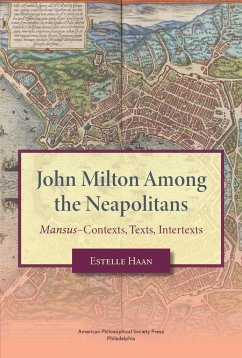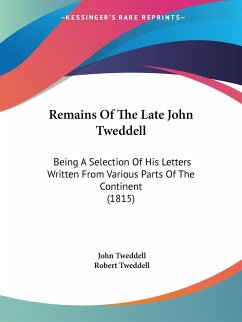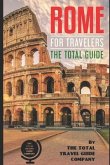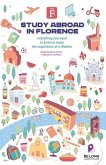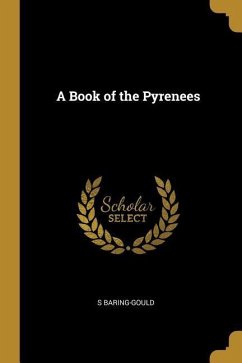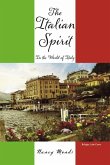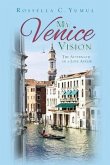John Milton's 100-line hexameter poem Mansus is, on first impression, merely a poem of praise for Giovanni Battista Manso, the old Neapolitan nobleman and patron of poets whom Milton met on his Italian journey in 1638-1639. But in the first book devoted solely to Mansus, arguably the most accomplished of Milton's neo-Latin writings pertaining to his Italian period, Estelle Haan offers a series of fresh interpretations of the poem. Situating Mansus alongside Milton's seemingly voracious reading of contemporary Italian literature while abroad, Haan assesses the poem's academic, religious, topographical, and linguistic contexts and analyzes its classical, neo-Latin, Italian, and English intertexts. Read in these wider contexts, Mansus emerges as a polyvocal poem, a text about other texts-it embraces not only its addressee's Latin encomium composed in Milton's honor, but also, and essentially, Manso's published (and, possibly, unpublished) works. Haan demonstrates how Milton's poem draws upon the writings of two Italian poets who also benefitted from Manso's care and patronage, namely, Torquato Tasso and Giambattista Marino. Like them, Milton is the recipient of Manso's hospitality and courtesy and he unabashedly aligns his Neapolitan experience with theirs. Milton, paying homage to Manso's hospitality and literary work in Mansus, cleverly experiments with genre and language and simultaneously showcases his vast and intimate knowledge of Italian literature, gained while on Neapolitan soil. In her insightful study of Mansus, Haan not only shows how Milton assumes a place of his own in a Neapolitan world but also maps the literary import of Naples onto Milton during the time of his sojourn and beyond.
Hinweis: Dieser Artikel kann nur an eine deutsche Lieferadresse ausgeliefert werden.
Hinweis: Dieser Artikel kann nur an eine deutsche Lieferadresse ausgeliefert werden.

